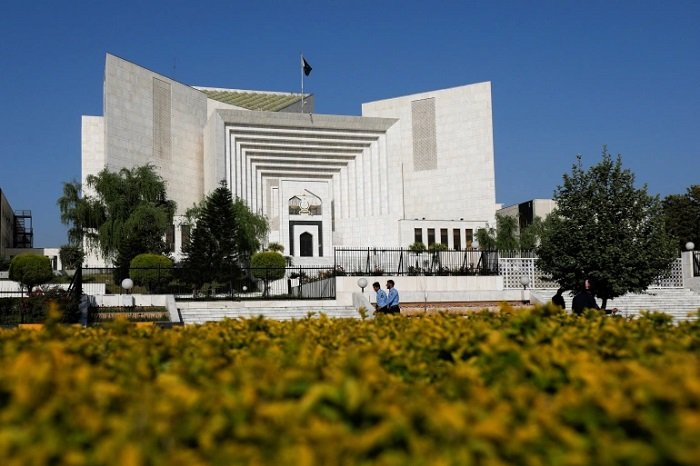On Thursday, the Supreme Court found that a federal minister lacked discretionary jurisdiction under statutes governing the Evacuee Trust Property Board (ETPB) to allow the sale of evacuee land.
A 19-page verdict written by Justice Ijaz-ul-Ahsan stated, “And if the activities of the concerned federal minister were bereft of executive nature, then as a natural conclusion, they cannot be read as being authorized by the President of Pakistan in terms of Article 99 of the Constitution.”
On January 18, the Rawalpindi bench of the Lahore High Court ruled that the ETPB could not sell commercial property in Raja Bazaar to a real estate investor for billions of rupees. On August 4, a two-judge bench of the Supreme Court rejected an appeal of that ruling.
The two-judge panel (Justice Ahsan and Justice Yahya Afridi) issued a lengthy ruling on Thursday. The sale of the Rawalpindi property in issue here was authorized by the federal minister for social welfare in 1977, and the case in question takes place in 1992.
The authorities involved rented the commercial property on behalf of ETPB to Raja Ali Zaman (dead) and Raja Muhammad Banaras (both of whom are vendees). Vendors sought the then-federal Minister for Social Welfare and Rural Development during their tenancy to sell the land altogether.
On June 6, 1992, a deputy administrator of ETPB executed the sale deed in favor of the vendees, per a memorandum issued on March 22, 1977, which approved the transaction.
The appellants were represented by Munir Paracha, and the ETPB was represented by Hafiz Ahsan Khokhar.
The ETPB is not authorized to sell or otherwise dispose of any property under its care without first obtaining permission from the federal government, as the court ruling made clear.
According to the ruling, the ETPB must obtain clearance from the federal government before selling or otherwise transferring any land under its jurisdiction.
When determining whether or not the federal government’s approval was sought for the sale of private property, it will be assumed that approval was not sought if the ETPB board did not pass a resolution advocating sale or seek authorization to sell the property in question.
If the federal government, however, wanted to sell any ETPB-managed land, it would have to bring the subject before the bureau’s board for approval. According to the ruling, the board had to report its findings to the federal government before any sale could take place.
The ETPB chairman would then exercise jurisdiction under Section 12 of the ETPB Act by designating an officer to carry out the sale of the land or property after receiving consent from the federal government, as detailed in the verdict.
Essentially, the ETPB’s board must approve any sale or other disposition of ETPB-managed land. The judgement specifies that the federal government must then sign off on the resolution.
However, the bureau, through a memorandum dated March 22, 1977, approved the sale, and the current government lamented the fact that there was no evidence to imply that the appellant applied to the ETPB or sought the relevant federal minister.
ETPB’s board would have considered the matter had the appellants applied to it, the court noted, but the sale of the suit property would have required a resolution and consent from the federal government.
Mahnur is MS(development Studies)Student at NUST University, completed BS Hons in Eng Literature. Content Writer, Policy analyst, Climate Change specialist, Teacher, HR Recruiter.










